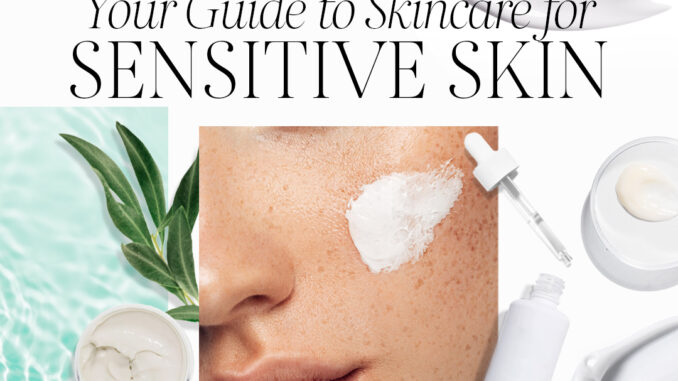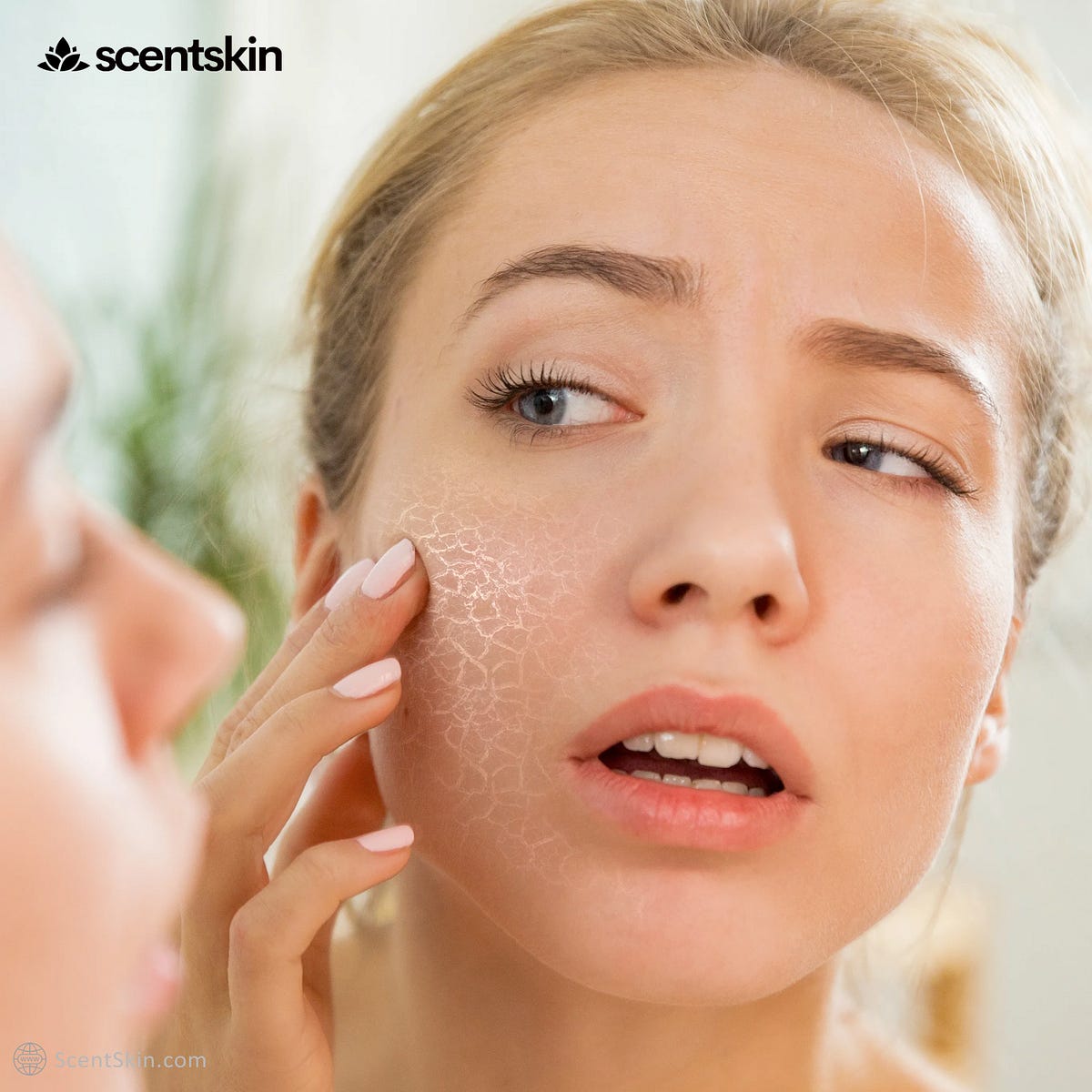Navigating the Landscape of Makeup for Dry Skin with Acne: A Comprehensive Guide
Related Articles: Navigating the Landscape of Makeup for Dry Skin with Acne: A Comprehensive Guide
Introduction
In this auspicious occasion, we are delighted to delve into the intriguing topic related to Navigating the Landscape of Makeup for Dry Skin with Acne: A Comprehensive Guide. Let’s weave interesting information and offer fresh perspectives to the readers.
Table of Content
Navigating the Landscape of Makeup for Dry Skin with Acne: A Comprehensive Guide

Acne and dry skin are common skin concerns that can be particularly challenging to manage. The delicate balance of treating acne while ensuring adequate hydration can leave many individuals feeling frustrated and unsure about their makeup choices. This guide aims to provide a comprehensive understanding of the complexities of makeup application for dry skin with acne, offering valuable insights and practical tips to achieve a flawless and healthy complexion.
Understanding the Skin’s Needs
Dry skin with acne presents a unique set of challenges. Dryness can lead to flakiness, emphasizing the appearance of acne, while acne-prone skin requires careful consideration to avoid irritation and inflammation. The key to successful makeup application lies in understanding the specific needs of both conditions and choosing products that address them effectively.
The Importance of a Gentle Cleansing Routine
A gentle cleansing routine is paramount for individuals with dry skin and acne. Harsh cleansers can strip the skin of its natural oils, exacerbating dryness and potentially triggering acne breakouts. Opt for a gentle, non-comedogenic cleanser that is specifically formulated for dry or sensitive skin. Avoid harsh scrubs or exfoliants, as these can further irritate the skin.
Hydration: The Foundation of Healthy Skin
Adequate hydration is crucial for maintaining a healthy skin barrier and preventing dryness. Look for lightweight, oil-free moisturizers that are non-comedogenic and formulated for dry or sensitive skin. Hyaluronic acid is a popular ingredient that attracts and retains moisture, improving skin hydration without clogging pores.
The Role of Sunscreen in Acne-Prone Skin
Sunscreen is an essential part of any skincare routine, particularly for acne-prone skin. UV rays can exacerbate inflammation and post-inflammatory hyperpigmentation, leading to dark spots and uneven skin tone. Choose a broad-spectrum sunscreen with an SPF of 30 or higher, and opt for a mineral-based formula that is gentle on sensitive skin.
Primer: The Canvas for Makeup
A primer is a crucial step in achieving a flawless makeup application, especially for individuals with dry skin and acne. It helps to create a smooth, even surface for makeup application, minimizing the appearance of pores and fine lines. Opt for a hydrating primer that is specifically formulated for dry skin or acne-prone skin.
Foundation: Finding the Right Match
Foundation plays a significant role in achieving an even skin tone and concealing imperfections. For dry skin with acne, it is crucial to choose a foundation that is hydrating, non-comedogenic, and provides buildable coverage. Look for formulas that are specifically designed for dry skin or acne-prone skin.
Concealer: Targeting Imperfections
Concealer is a valuable tool for covering blemishes, dark circles, and other imperfections. Choose a concealer that is creamy and hydrating, providing buildable coverage without settling into fine lines. Opt for a concealer that is formulated for dry skin or acne-prone skin.
Powder: Setting the Makeup
Powder is essential for setting makeup and minimizing shine. For dry skin with acne, it is crucial to choose a powder that is lightweight and non-drying. Opt for a translucent powder or a powder specifically formulated for dry skin.
Blush and Bronzer: Adding Color and Dimension
Blush and bronzer can add color and dimension to the face, enhancing a natural glow. For dry skin with acne, opt for cream formulas that are hydrating and blend easily. Choose shades that complement your skin tone and avoid overly pigmented options that can accentuate dryness.
Eyeshadow: Enhancing the Eyes
Eyeshadow can enhance the eyes and create a variety of looks. For dry skin with acne, it is important to choose eyeshadows that are smooth and blendable, minimizing the risk of creasing. Opt for eyeshadows that are free of irritating ingredients and formulated for sensitive skin.
Eyeliner and Mascara: Defining the Eyes
Eyeliner and mascara can define the eyes and create a dramatic look. For dry skin with acne, it is important to choose products that are gentle on the delicate eye area. Opt for hypoallergenic formulas that are free of irritants and formulated for sensitive skin.
Lipstick: Adding a Pop of Color
Lipstick can add a pop of color and enhance the overall look. For dry skin with acne, it is crucial to choose a lipstick that is hydrating and comfortable to wear. Opt for a moisturizing formula that is free of drying ingredients.
Makeup Brushes: Essential Tools
Makeup brushes are essential tools for applying makeup evenly and seamlessly. Opt for brushes that are made with soft, synthetic bristles, which are gentle on the skin. Clean your brushes regularly to prevent bacteria buildup and maintain hygiene.
Tips for Makeup Application
- Apply makeup with a light hand. Less is more when it comes to makeup application for dry skin with acne.
- Use a damp makeup sponge to blend foundation and concealer. This technique helps to create a seamless, natural-looking finish.
- Set your makeup with a light dusting of powder. This will help to prevent shine and keep your makeup in place.
- Avoid using harsh scrubs or exfoliants. These can further irritate the skin and worsen acne.
- Remove makeup gently at the end of the day. Use a gentle makeup remover that is specifically formulated for dry skin or acne-prone skin.
FAQs about Makeup for Dry Skin with Acne
Q: What are the best makeup products for dry skin with acne?
A: The best makeup products for dry skin with acne are those that are hydrating, non-comedogenic, and formulated for sensitive skin. Look for products that contain ingredients such as hyaluronic acid, ceramides, and glycerin.
Q: What should I avoid when applying makeup for dry skin with acne?
A: Avoid using heavy, oil-based makeup products, as these can clog pores and worsen acne. Also, avoid using harsh scrubs or exfoliants, as these can further irritate the skin.
Q: How often should I exfoliate my skin if I have dry skin with acne?
A: Exfoliating too often can dry out your skin and make acne worse. Aim to exfoliate 1-2 times per week, using a gentle exfoliating scrub or chemical exfoliant.
Q: What are some natural remedies for dry skin with acne?
A: Some natural remedies for dry skin with acne include using honey as a moisturizer, applying aloe vera gel to soothe inflammation, and using tea tree oil to fight acne bacteria.
Conclusion
Navigating the world of makeup for dry skin with acne can be challenging, but it is not impossible. By understanding the specific needs of your skin, choosing the right products, and following the tips outlined in this guide, you can achieve a flawless and healthy complexion. Remember to prioritize gentle skincare, adequate hydration, and sun protection. With the right approach, you can confidently embrace your natural beauty and enjoy the benefits of makeup without compromising your skin’s health.








Closure
Thus, we hope this article has provided valuable insights into Navigating the Landscape of Makeup for Dry Skin with Acne: A Comprehensive Guide. We hope you find this article informative and beneficial. See you in our next article!